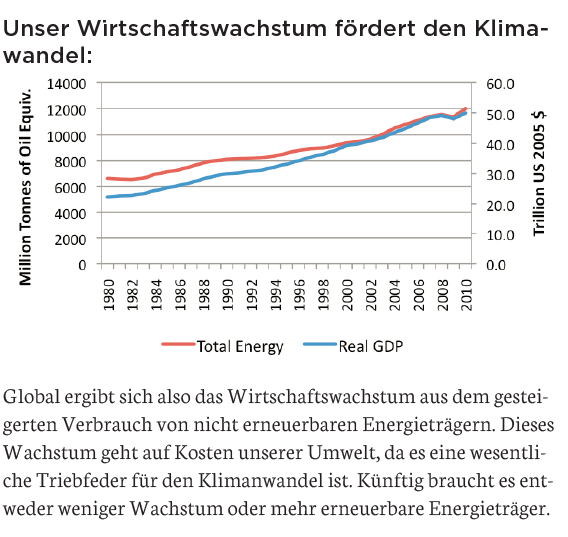
Der Handel mit dem Klima.
Es braucht neue Wege für eine gerechte, sozioökologische Transformation. Simon Theurl (Als Perspektive des Marie Jahoda – Otto Bauer Institut Erschienen) 195 Staaten haben sich beim Pariser Abkommen 2015 geeinigt: Die Erderwärmung soll nicht mehr als 2°C...
Modern Times: Arbeit 4.0
Am 3.1. um 20:00 läuft auf Radio Orange ein Beitrag zur Sommerakademie „Arbeit 4.0“ ab 4.1. ist er auf https://www.radiostimme.at/modern-times-arbeit-4-0/ online zum Nachhören. Das Schlagwort „Arbeit 4.0“ bezeichnet den Prozess der fortschreitenden...
Dekarbonisierung des Wirtschaftssystems – Traum und Wirklichkeit
Autor: Christoph Streissler Dieser Beitrag ist auf blog.arbeit-wirtschaft.at erschienen In Paris einigten sich die Staaten auf das Ziel, den Anstieg der durchschnittlichen Erdtemperatur deutlich unter zwei Grad Celsius zu halten. In der zweiten Hälfte des...Arbeitsbereit auf Knopfdruck
Der Beitrag von Markus Ellmer ist am 5. August im Mosaik-Blog erschienen Schnell und „on demand“: Mittlerweile wird eine beträchtliche Fülle an Dienstleistungsarbeit über online-Plattformen an (anonyme) Arbeitskräfte im Internet vermittelt. Hier ein kurzer Überblick...
